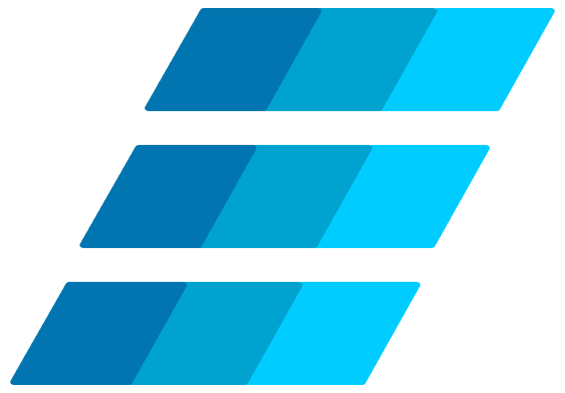More about The Foundation
- Background
- Foundation wallet
- Einsteinium Awards
Einsteinium Awards
Scientific research is a long-term investment in our future, and the future of our planet. Funding around the world has fallen dramatically in recent years and we hope to play a small part in reversing that trend.
The Details:
Open registration shall commence on May 15th, 2018 and end on August 15, 2018. The winner will be announced in mid-late September 2018. The official date of the awards ceremony is still to be determined, but shall take place in Los Angeles, California.
Applicants must be from a university or graduate studies program. Students and professors from all over the world are welcome to apply.
There will be an entry fee of 25 EMC2. This fee is designed to ensure that all applications are legitimate. 100% of these fees shall be awarded to prize recipients in addition to the Foundation's contribution.
Once all the submissions have been received, the EMC2 community will vote to select a winner. Anyone is allowed to vote by registering to the Awards contest website (coming soon) and paying a fee of 1 EMC2 to authenticate the voter as a valid EMC2 holder and to restrict multiple votes.
The prize for this year's award will be 100,000 EMC2 to be given as a grant to the most worthy scientific project.
Please check back closer to May 15th for registration and submission instructions. We look forward to hearing all of your great ideas for driving us forward into the future!
Past Campaigns
Prior to its internal reorganization in 2017, the Foundation funded three separate projects.
The first was in April of 2014. The recipient of the first award was Dr. Walter Moss. His cancer research study received 300,000 EMC2.
The following month, Dr. Theresa O'Keefe of Mend Therapeutics was awarded 500,000 EMC2 (worth about $1,500) Her study involved research into Diabetes.
https://finance.yahoo.com/news/einsteinium-emc2-coin-founds-cryptocurrency-050800297.html
The third project was the first to use a crowd funding platform to aid in the funding efforts. It was a sleep study conducted by Dr. Robbert Havekes:
There are different ways of viewing The Havekes Project Campaign, the first way is from the crowd funding community (not associated with cryptocurrency), a second way is through the cryptocurrency industry, and a third way of viewing this campaign is by a science research audience.
The Havekes Project Fundraising started on Indiegogo on 1st January 2015 and multiple cryptocurrencies were accepted
This campaign was conducted on indiegogo the second largest crowd funding campaign in the world. The campaign had many eyes on it. Indiegogo did not accept any cryptocurrencies on their platform at the time and we tried to change that with our campaign.
The Einsteinium Foundation has a mission to raise funds for scientific research, our mining tax creates a pool of funds that provide grants to deserving applicants. Recently we integrated crowd funding into the process to likely enable the grant beneficiary to receive more funds than we could immediately supply. This enables us to market the project, our coin, our sponsor items, and the benefits of cryptocurrency to a wider audience.
About the beneficiary of the campaign:
Dr. Robbert Havekes, PhD is a research scientist associated with the University of Pennsylvania. Recent publication: Memory Problems Caused by Sleep Deprivation Prevented
From Dr. Robbert Havekes about the donation from the Einsteinium Foundation:
At the time the EMC2 and 300 dollars were greatly appreciated and used for some small supplies to wrap up a paper on defining some of the molecular underpinnings by which sleep deprivation negatively impacts memory processes. In other words, we are trying to identify molecular targets in the sleep-deprived brain. By identifying these and manipulating these targets (which we have done in a follow up paper) we have been able to make memory processes resilient to sleep loss. The paper is open access so can be downloaded from the Journal of Neuroscience website (and is attached). As promised at the time I would list the Einsteinium Foundation in the acknowledgements as a funding source which you can see on page 2 left bottom.
Dr. Havekes' paper can be found here: https://www.dropbox.com/s/uxzk39g2zfamkc3/8936.full.pdf?dl=0
Other resources:
https://www.indiegogo.com/projects/science-study-memory-loss-dueto-sleep-deprivation#/
http://myscienceacademy.org/2014/11/19/memory-problems-caused-by-sleep-deprivation-prevented/
https://www.youtube.com/watch?v=FHqitI1Kues
